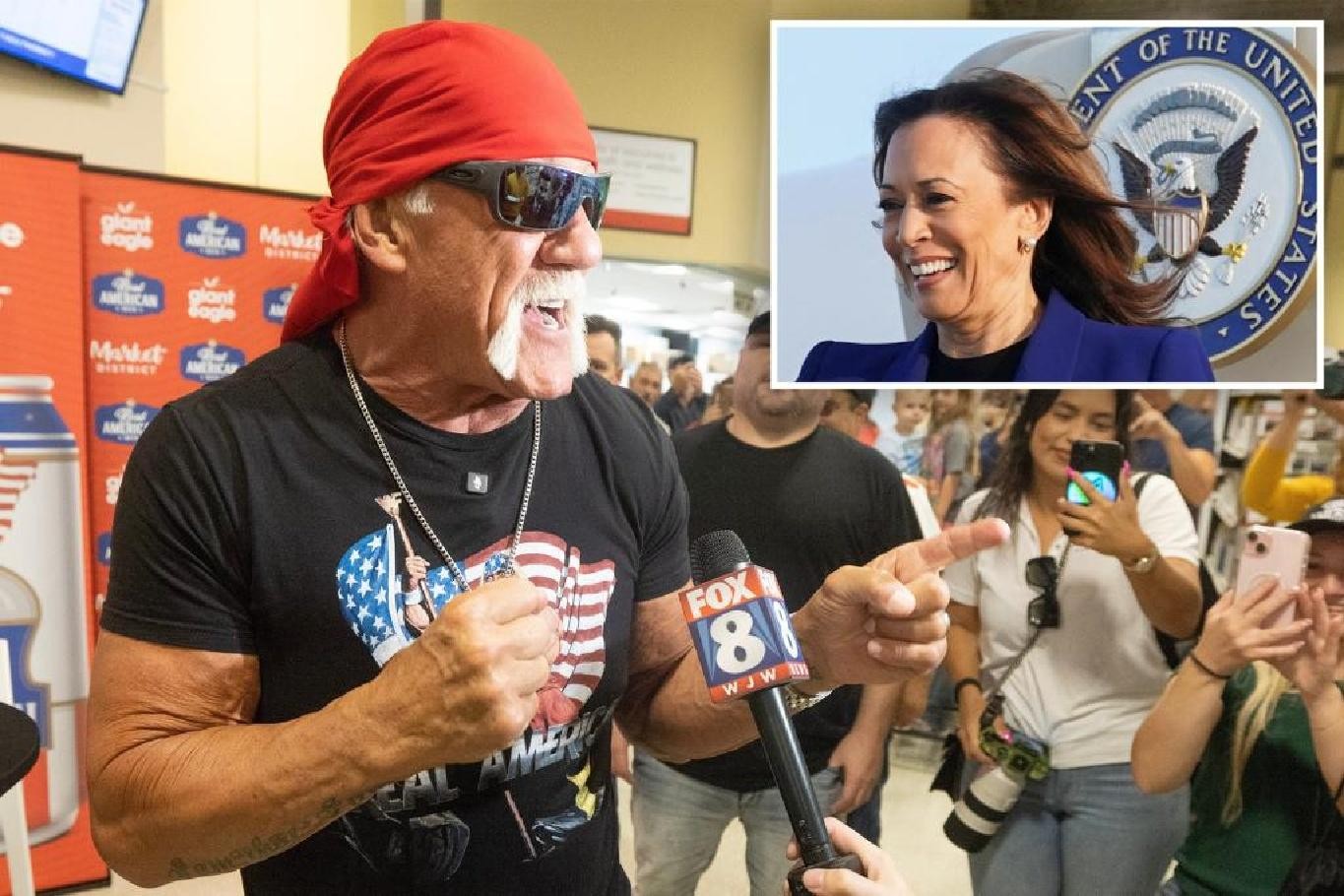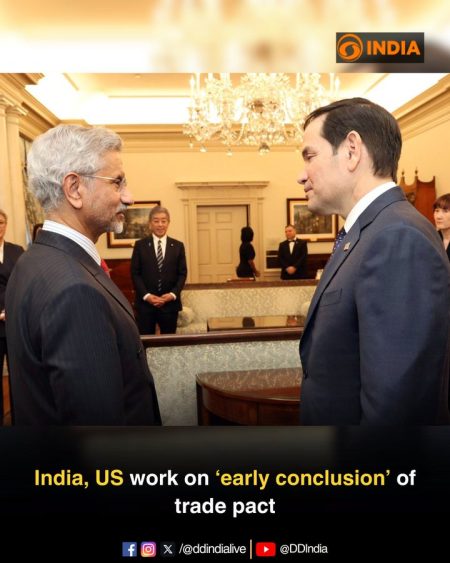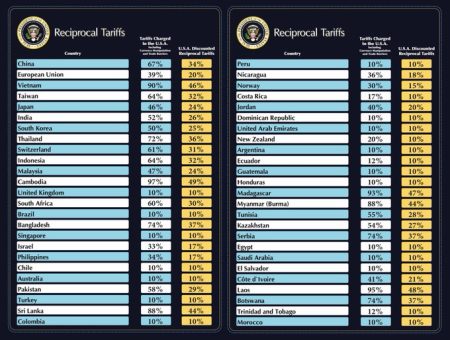
For Sumathi Madhure, feeling out of place in a new country was just part of the experience. Arriving in Nashua, New Hampshire, at the age of 20, she often felt the sense of difference during long drives to find an Indian restaurant or while navigating the aisles of a grocery store. She humorously recalls, “When I spotted another brown person in the supermarket, it was such a rarity that I’d invite them over for dinner.” Madhure underscores the importance of actively building a sense of community, noting, “Creating a sense of belonging doesn’t just happen; it requires effort.”
Decades later, Madhure, now a physical therapist, mother of two, and a political force in Nashua, observes a significant transformation in her adopted country. At the Democratic National Convention in Chicago this week, she joined other immigrants and South Asian Americans in celebrating the historic nomination of Kamala Harris as the party’s presidential candidate. Madhure expressed awe at the prospect of a South Asian individual possibly becoming the President, saying, “The thought of someone who looks like her, of South Asian descent, potentially becoming the most powerful person in the world is simply beyond imagination.”
During a pre-convention gathering, Madhure and fellow South Asians showed enthusiastic support for politicians of similar backgrounds who have made history in their respective states. Madhure, a delegate, reflected on the need for continued proof of capability, stating, “Regardless of color or race, proving one’s competence is essential. Kamala has shown she is up to the task, but she must keep demonstrating it.”
The excitement surrounding Harris’s potential victory resonates deeply within the South Asian community, which includes people from countries such as India, Nepal, Bangladesh, Pakistan, and Afghanistan. Harris, who was born in Oakland to a Jamaican father and an Indian mother, has long been proud of her dual heritage. Critics, including former President Trump, have questioned Harris’s identity, but supporters reject such views as racially insensitive. Bianca Shah, a 24-year-old Indian American, emphasizes the complexity of identity in a multicultural society, noting, “We shouldn’t be confined to a single identity box; our diverse backgrounds and values are integral.”
Harris herself has embraced her mixed heritage, reflecting on her upbringing in California’s East Bay where she balanced Indian and Black cultural influences. Her experience mirrors a growing trend in the U.S., where multiracial identities are increasingly recognized. The 2020 Census highlighted this shift, revealing that multiracial Americans now represent 10.2% of the population.
Regardless of the election’s outcome, the presence of South Asians in American politics is notable. Usha Chilukuri Vance, the wife of Republican VP nominee JD Vance, would become second lady if the GOP wins. Indian Americans have made significant strides in political office, with more than 300 holding positions by 2024, compared to fewer than 50 in 2016.
This evolving landscape reflects a broader acceptance of South Asians in political roles, with candidates now proudly representing their heritage without altering their names. As Karthick Ramakrishnan from UC Riverside notes, while the U.S. is not yet a post-racial society, there is growing social acceptance for distinctively named Indian American politicians.
The enthusiasm for Harris extends to social media, where memes celebrate her potential presidency. With an estimated 2.1 million Indian American voters, and significant support from battleground states, the community’s influence is substantial. Although Trump has appealed to some with his positive stance on Indian Prime Minister Narendra Modi, many Indian Americans remain staunch supporters of Harris, driven in part by discontent with Trump’s rhetoric.
In Chicago, Indian American supporters, including Harini Krishnan and Deepa Sharma, expressed their pride and hope. Krishnan’s group, South Asians for Harris, mobilized substantial support and funding. Sharma, a delegate and lawyer, reflected on the sense of hope she feels, drawing a parallel to the optimism she experienced during Obama’s 2008 campaign. The excitement surrounding Harris is a testament to the significant strides made by South Asians in American politics and their growing impact on the national stage.









